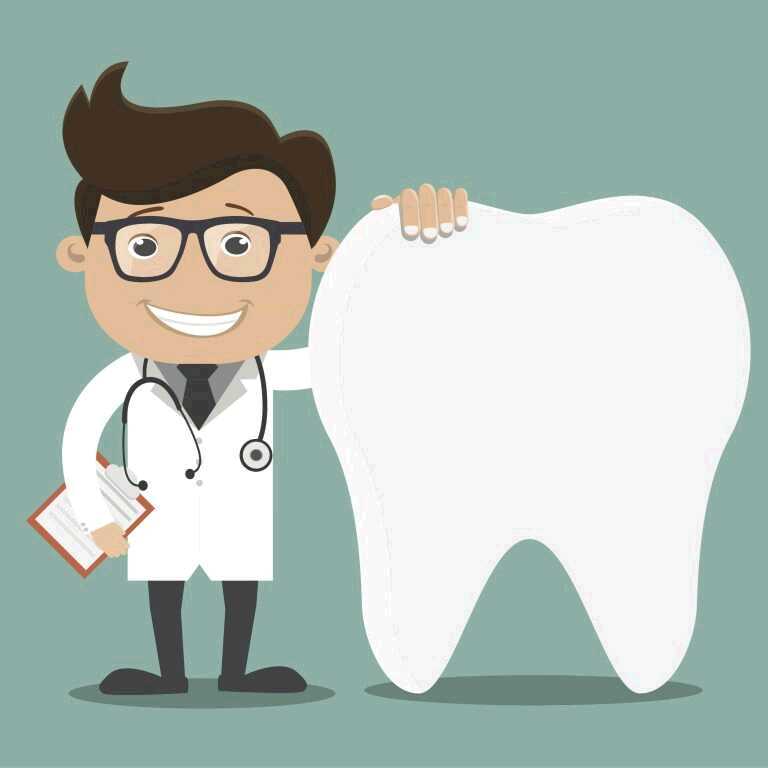
Diabetes carries with it a sizable list of possible complications. Typically, managing your diabetes well wards off complications, and a diabetes diagnosis is not synonymous with misery or a greatly reduced lifespan. That being said, there are some aspects of your life that you may need to keep a closer eye on after being diagnosed.
Keeping an Eye on Your Health
You do not have to go overboard in keeping track of your oral health. A yearly check-up with a dentist is more than adequate, just as anyone else would need. Where you do need to be careful is with your own hygiene routine and habits. Failing to brush your teeth and floss consistently could have more serious repercussions than it would in someone without diabetes, and using whatever toothpaste you have on hand could prove problematic, as well.
Oral Health Concerns for Diabetes
#1. Toothpaste
Some toothpastes contain sugar or artificial sugar in order to mask the taste of otherwise unpleasant ingredients. For some, using sweetened toothpaste is not a problem; even among diabetics, reactions may be difficult to target or determine. For some diabetics—particularly those with difficult-to-control glucose—the traces of sugar found in toothpaste can actually cause blood glucose fluctuations.
Some toothpaste manufacturers insert caustic ingredients used to scrape plaque from teeth. In a healthy mouth, these ingredients may not cause problems. In a diabetic’s mouth, however, harsh cleaners can actually tear away at tissue and weaken gums.
#2. Gum Disease
If you have diabetes, you are automatically at a higher risk of developing gum disease. Proper oral hygiene is absolutely vital in protecting against gum disease and other forms of decay. Brushing your teeth regularly with a gentle, non-abrasive toothpaste will help, as will regular visits to the dentist.
When you visit the dentist, be sure to mention that you have diabetes; your dentist may need to keep an eye out for the onset of gum disease and other periodontal issues.
#3. Mouth Ulcers
As a diabetic, your body’s oral tissues are more delicate than the average person. Because of increased sensitivity, you may find yourself more prone to developing mouth ulcers (also called canker sores). These can develop in response to illness, stress, or even a harsh toothpaste or mouthwash. While these are not typically dangerous as an ulcer in your leg might be, they can be extremely painful and persistent.
To make sure your mouth is at its optimal level of health, you do not have to wipe out your medicine cabinet or haunt your dentist’s office. Instead, keep tabs of your yearly dentist appointments, brush your teeth after each meal, and pay attention to any changes in your oral health, such as increased bad breath, constant sores, or an unusually dry mouth, as all of these could point to the need for treatment.
References